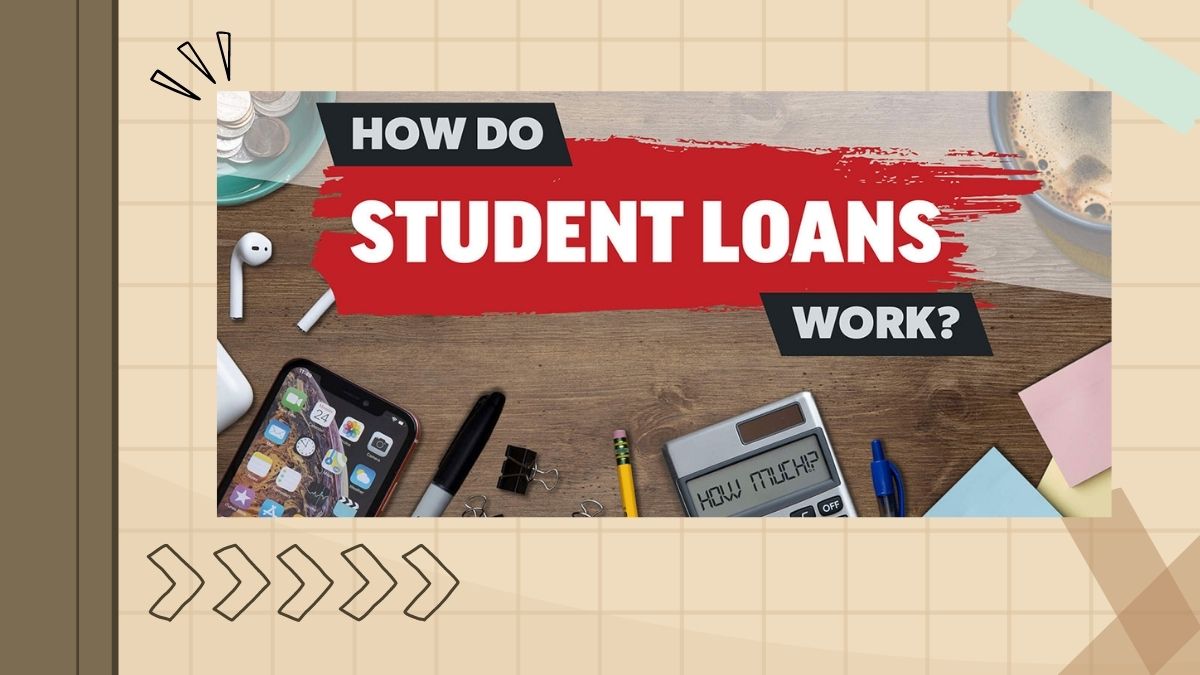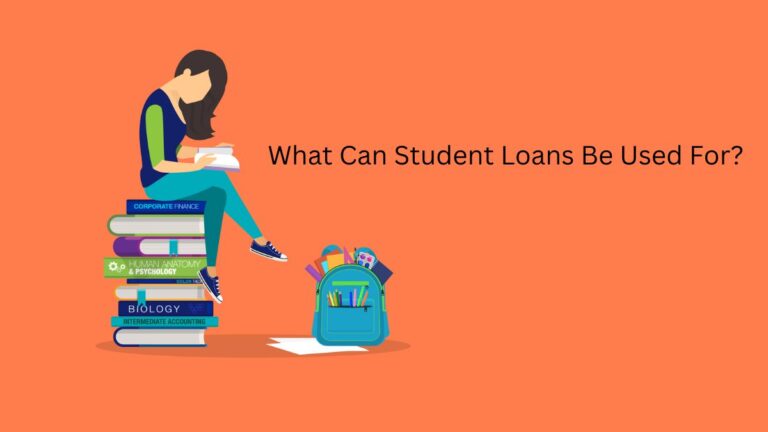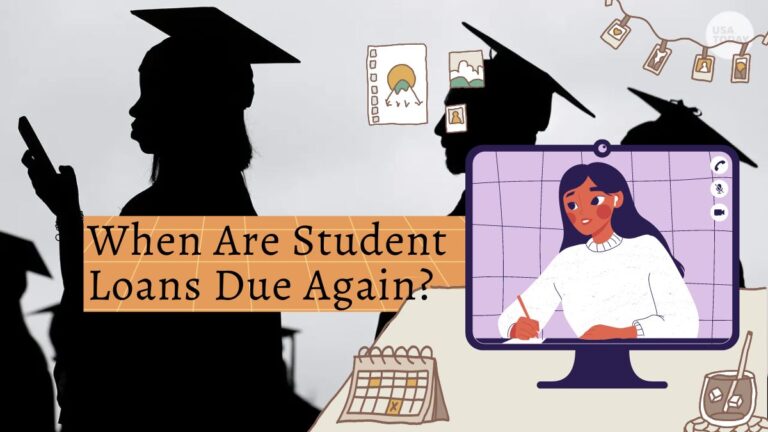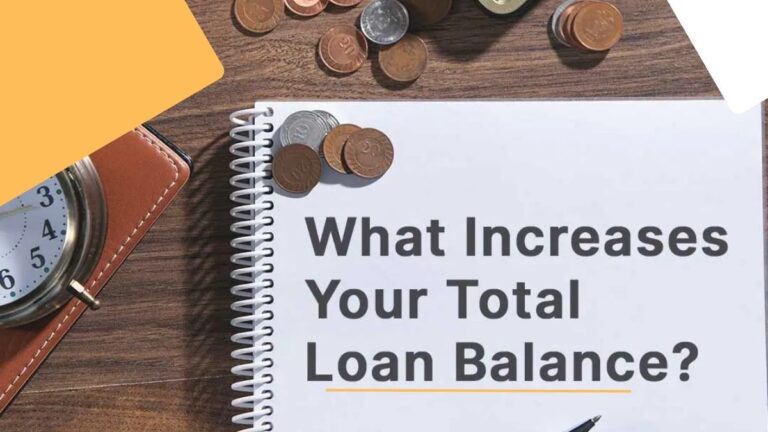How Do Student Loans Work?
Are you considering furthering your education but worried about the financial burden? You’re not alone. Many students rely on student loans to help fund their studies, and understanding how they work is crucial before making any decisions. In this blog post, we’ll explore the ins and outs of student loans, from the different types available to repayment plans and the potential consequences of defaulting.
So grab a cup of coffee and let’s dive into the world of student loans! Whether you’re a prospective student or already in college, this information will arm you with valuable knowledge for navigating the complexities of financing your education. Let’s get started!
Types of student loans
- When it comes to student loans, there are several types to choose from. One common option is federal student loans, which are offered by the government. These loans typically have lower interest rates and more flexible repayment options compared to private loans.
- Within the realm of federal student loans, there are two main subcategories: subsidized and unsubsidized. Subsidized loans are based on financial need, and the government covers the interest while you’re in school or during deferment periods. Unsubsidized loans, on the other hand, accrue interest right from the start.
- Private student loans, on the other hand, come from banks or credit unions. Unlike federal loans that have set terms and conditions, private loan terms can vary widely depending on your lender.
- Another type of loan worth mentioning is Parent PLUS Loan. As the name suggests, these are taken out by parents to help finance their child’s education expenses.
It’s important to carefully consider your options when choosing a loan type that works best for you. Factors such as interest rates, repayment plans, and eligibility requirements should all be taken into account before making a decision. Remember to explore all available resources and consult with a financial advisor if needed!
Interest rates on student loans
Interest rates on student loans can play a significant role in the overall cost of borrowing. These rates determine how much you will have to pay back over time and can vary depending on various factors such as the type of loan, your credit history, and whether the loan is subsidized or unsubsidized.
Federal student loans typically offer lower interest rates compared to private loans. The interest rate for federal undergraduate direct subsidized and unsubsidized loans is fixed and tends to be more favorable than what you would find with private lenders. On the other hand, private student loans often come with variable interest rates that are based on your creditworthiness.
It’s important to note that interest starts accruing on most student loans as soon as they are disbursed, even if you’re still in school. This means that while you may not be required to make payments during this time, the amount owed will continue to grow.
To better understand how interest rates impact your loan repayment, it’s crucial to carefully read through all terms and conditions before signing any agreements. Be sure to compare different options and consider factors like repayment plans and potential discounts or incentives offered by lenders.
Remember, finding a low-interest rate can help save money in the long run. So take your time researching options and select one that best suits your financial situation!
Repayment plans for student loans
Repayment plans for student loans can vary depending on the type of loan and the borrower’s individual circumstances. One common option is the standard repayment plan, which involves fixed monthly payments over a set period of time. This plan typically allows borrowers to pay off their loans in 10 years.
Another option is an income-driven repayment plan, which adjusts monthly payments based on the borrower’s income and family size. These plans can be particularly helpful for individuals with lower incomes or high levels of debt.
For those facing financial hardship, there may be options for deferment or forbearance, which allow borrowers to temporarily suspend or reduce their loan payments. However, it’s important to note that interest may still accrue during these periods.
Some borrowers may also consider consolidating their student loans into a single loan with one monthly payment. This can simplify repayment and potentially lower interest rates.
It’s important for students and graduates to explore all available repayment options and choose the one that best fits their needs. Understanding these options can help alleviate some of the stress associated with repaying student loans and pave the way towards financial stability in the future.
Defaulting on student loans
Defaulting on student loans can have serious consequences that can negatively impact your financial future. When you default on a student loan, it means that you have failed to make payments as required by the terms of your loan agreement. This can happen for various reasons such as financial hardship or simply neglecting to stay on top of your payments.
One major consequence of defaulting on a student loan is damage to your credit score. A default will be reported to credit bureaus and will remain on your credit report for years, making it difficult for you to obtain new lines of credit or secure loans in the future. It could also affect your ability to rent an apartment, get a job, or even qualify for certain insurance policies.
Another consequence is the possibility of legal action being taken against you. Lenders may choose to sue you in order to collect the unpaid debt, which can result in wage garnishment or bank account levies. Additionally, any tax refunds or government benefits you receive could be withheld and applied towards repayment.
It’s important to note that defaulting on federal student loans has different implications compared to private student loans. With federal loans, the government has more collection powers and options available compared to private lenders.
If you find yourself struggling with repayments, it’s crucial that you contact your lender immediately and explore alternative options such as income-driven repayment plans or deferment/forbearance programs. Taking proactive steps can help prevent default and alleviate some of the potential consequences associated with it.
Income-driven repayment plans for student loans
- One of the options available to students when it comes to repaying their loans is an income-driven repayment plan. This type of plan takes into account your income and family size, allowing you to make more manageable monthly payments based on what you can afford.
- With an income-driven repayment plan, your loan servicer will calculate your monthly payment amount using a percentage of your discretionary income. This means that if your income increases or decreases, so does your payment amount.
- There are several different types of income-driven repayment plans available, including Income-Based Repayment (IBR), Pay As You Earn (PAYE), and Revised Pay As You Earn (REPAYE). Each plan has its own eligibility requirements and calculation methods.
- One advantage of these plans is that they offer loan forgiveness after a certain number of qualifying payments. For example, under IBR and PAYE, any remaining balance on your loan may be forgiven after 20 or 25 years respectively.
- It’s important to note that while these plans can help make loan payments more affordable in the short term, they may result in paying more interest over the life of the loan. Additionally, there may be tax implications for any forgiven balance.
- An income-driven repayment plan can be a helpful option for students who need flexibility in their monthly payments based on their financial situation. It’s crucial to carefully consider all aspects before selecting the right plan for you.
Defaulting on a student loan can have consequences
- Defaulting on a student loan can have serious consequences that can impact your financial future. When you default, it means you have failed to make payments as agreed upon in your loan agreement. This can lead to a range of negative outcomes.
- Defaulting on a student loan can damage your credit score. A poor credit score makes it harder for you to qualify for loans or credit cards in the future and may result in higher interest rates if you are approved. It could also affect other aspects of your life such as renting an apartment or getting certain jobs that require a good credit history.
- Additionally, defaulting on a student loan may result in wage garnishment. This means that the government or lender can legally take a portion of your paycheck directly from your employer to repay the debt. Having part of your hard-earned money taken away each month can be financially burdensome and limit your ability to meet other important expenses.
- Another consequence is that the government or lender may take legal action against you to collect the outstanding debt. This could result in additional fees and court costs adding even more stress and financial strain.
- It’s important to note that defaulting on federal student loans also eliminates any eligibility for deferment, forbearance, or income-driven repayment plans that could potentially provide some relief during difficult times.
- To avoid these consequences, it’s crucial to communicate with your lender if you’re experiencing financial difficulties and explore options like alternative repayment plans or refinancing opportunities before resorting to defaulting on your student loans.
Conclusion
Student loans can be a valuable tool for those seeking higher education, but it’s important to understand how they work and the responsibilities that come with them. By knowing the types of student loans available, understanding interest rates and repayment plans, and being mindful of the consequences of defaulting on a loan, you can make informed decisions about your financial future.
Whether you opt for federal or private student loans, it’s crucial to carefully consider interest rates. While federal loans generally offer lower interest rates than private ones, it’s still essential to compare options and find the best terms possible.
When it comes to repaying your student loans, there are various plans available to suit different financial situations. Income-driven repayment plans can provide flexibility by adjusting monthly payments based on your income level. This can help prevent overwhelming financial burden while ensuring progress towards paying off your debt.
Defaulting on a student loan is something everyone should strive to avoid. It not only negatively affects your credit score but also results in potential legal action and wage garnishment. If you find yourself struggling financially, reach out to your loan servicer immediately to explore alternative repayment options before default becomes inevitable.






